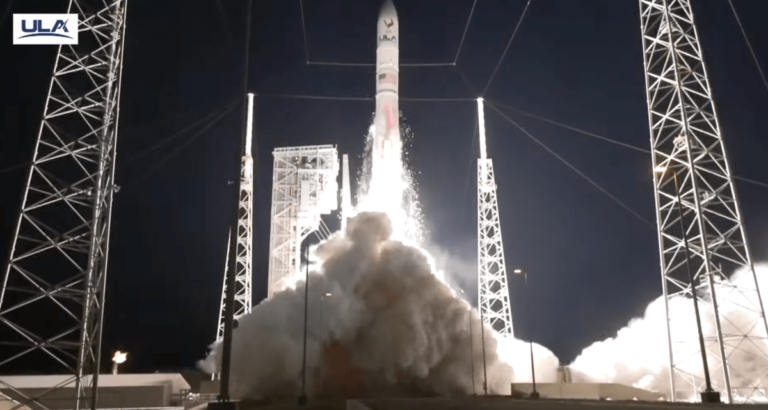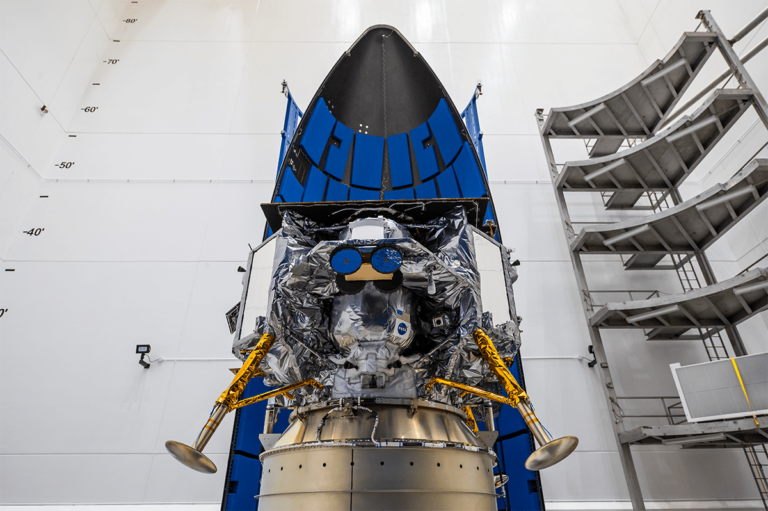
All eyes are on United Launch Alliance and Pittsburgh-based startup Astrobotic this week, with the two companies gearing up for inaugural missions with huge stakes.
The launch features two firsts: the first flight of ULA’s Vulcan Centaur rocket, and the first time Astrobotic is attempting to put hardware on the moon.
If Astrobotic is successful, it would be the first time a private company has put a spacecraft on the moon.
Countdown Capital, an early-stage venture capital firm focused on hard tech industrial startups, will shut down by the end of March and return uninvested capital, firm founder and solo general partner Jai Malik said in an annual letter.
In addition to the ULA/Astrobotic launch mentioned above, this past week also saw the launch of the first six Starlink satellites equipped for direct-to-cell connectivity.

The company’s next-generation rocket Vulcan Centaur successfully lifted off in the early hours of Monday, and its primary payload, a lunar lander from Astrobotic, is now on its way to the moon.
The heavy-lift rocket took off from Cape Canaveral Space Force Center at 2:18 AM EST Monday.
The Centaur executed two more burns to get Astrobotic’s Peregrine lander on the correct trajectory to the moon.
With those complete, the lander, called Peregrine, will now embark on a one-and-a-half month journey to the moon.
The launch and subsequent journey to the moon are a watershed moment for both United Launch Alliance and Astrobotic.

Astrobotic’s first lunar lander is ready for lift-off.
The company announced Tuesday that the lander, called Peregrine, has completed final checkouts and fueling after it was mated with United Launch Alliance’s Vulcan Centaur rocket last month.
Astrobotic is executing the mission as part of a $79.5 million contract from NASA under the agency’s Commercial Lunar Payload Services (CLPS) program.
Pittsburgh-based Astrobotic is one of a handful of commercial players betting that there will be a thriving market for lunar payload delivery services.
Other companies include Intuitive Machines, which is aiming to launch its first lander just days after Peregrine, on January 12, as well as Firefly Aerospace and Japanese firm ispace, which had a failed lunar launch earlier this year.






